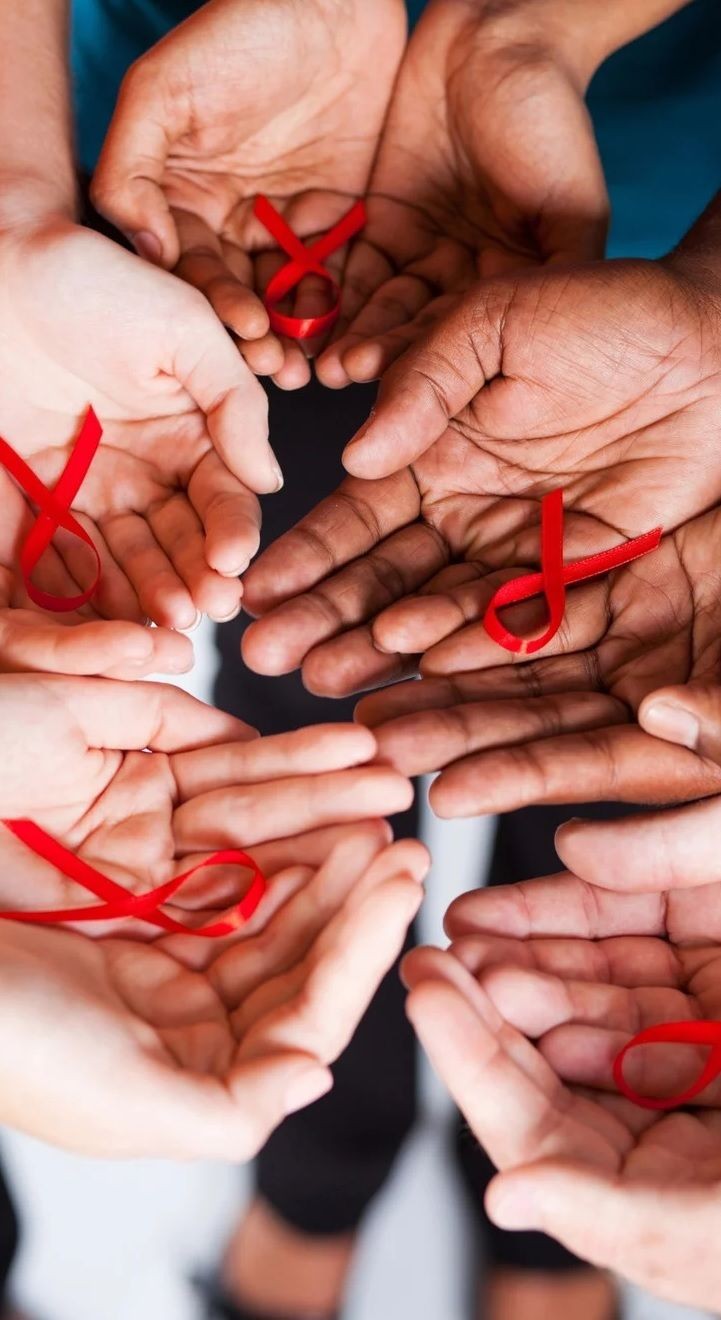
Morung Express News
Dimapur | July 5
Nagaland, alongside Mizoram, continues to report some of the highest HIV & AIDS cases in India, prompting calls for urgent interventions. According to the National AIDS Control Organisation (NACO), HIV & AIDS adult prevalence rate in Mizoram is 2.73 per cent and in Nagaland is 1.37 per cent.
Responding to The Morung Express suggestion platform, on what practical measures need to be adopted while addressing the rising HIV & AIDS cases in Nagaland, several respondents have outlined a multi-faceted approach to strengthen HIV & AIDS prevention, testing and treatment.
Start with village health workers
Drawing from firsthand experience and sharing “perspective on addressing HIV & AIDS with special focus on rural areas”, a registered nurse from Longleng district emphasised the critical role of frontline health workers.
The strategy highlights the need for enhanced education and training for Anganwadi workers, ASHA workers and helpers. “These frontline workers can play a crucial role in spreading early awareness among young children, adolescents, and pregnant mothers, as Anganwadi centres serve as primary contact points for health and nutrition services in villages,” she suggested.
She stressed normalising protective measures, such as free condom distribution at “Primary Health Centres, Community Health Centres, and all other public institutions.”
Another respondent said medical education is curial as health professionals can explain the modes of HIV transmission, prevention strategies and the importance of breaking the stigma around the disease.
Strengthen HIV testing
To improve early detection, the trained nurse observed the need to “ensure that every public healthcare facility has a functional and well-equipped diagnostic laboratory for HIV testing. Tests should be made available at all times, based on client needs and demands, without delays.”
Additionally, she urged to encourage early and routine Antenatal Care (ANC). “HIV testing should be done during the first ANC visit for both partners to ensure early detection and protect the unborn child through appropriate intervention.”
In supplement, another respondent recommended “ensuring universal HIV testing for all pregnant women to prevent mother to child transmission.” The suggestion included making government maternity benefits temporarily ineligible for those who refuse testing, as a measure to encourage compliance and safeguard newborns.
Church can lead
The role of community institutions, particularly churches, has been highlighted as pivotal. The nurse deemed ‘community involvement’ as essential. “In rural areas, churches serve as central places for daily gatherings and announcements. Therefore, churches, village councils and student bodies should collaborate with healthcare professionals to organize regular health talks and awareness programmes.”
Maintaining that ‘in Nagaland, where over 99% of the population is Christian,’ a respondent asserted, “Church plays a crucial role in shaping values and behaviours.” The suggestion also called for effectively integrating “spiritual guidance and scientific understanding” through structured programs like ‘HIV & AIDS Sunday Programs’ where topics are divided and led by appropriate speakers. One proposed component was the inclusion of sessions on “Biblical Guidance on Abstinence,” to be delivered by pastors and reverends, emphasising the importance of abstinence before marriage. “Churches can help teach love, care, and awareness about HIV. They are trusted and can fight stigma,” noted another respondent.
Educate to Eradicate
The role of educational institutions was also highlighted by several respondents, urging the integration of HIV & AIDS education into school curriculum and holding workshops and seminars to address youth concerns.
“Introduce subjects or papers on HIV & AIDS awareness in academic syllabi to promote informed understanding and awareness; Organize open sessions on HIV & AIDS followed by confidential one-on-one Q&A sessions. This will allow students to ask sensitive questions without fear or embarrassment,” one person recommended.
Recognising the impact of pornographic content was deemed crucial by a respondent, who noted that such material often encourages youth to imitate risky sexual behaviour, including oral sex and other unsafe practices, thereby contributing to the rise in sexually transmitted diseases (STDs) and infections (STIs). The respondent emphasised the need for awareness programmes to address these realities and promote healthier behavioural choices.
Stigma – an alarming barrier
Not all HIV cases are sexually transmitted, with some being congenital, yet patients often face discrimination even within their own families, an observer noted.
The shortage of funding and the reluctance of individuals to approach NGOs due to stigma were also highlighted. A respondent urged the State Government to address these challenges and suggested that Corporate Social Responsibility (CSR) funds be directed to support NGOs working in HIV care.
Another recommendation was to collaborate with hospitals that already have programmes addressing HIV-related stigma, such as the Christian Institute of Health Sciences and Research (CIHSR).
Rural accessibility was identified as a challenge. Local media, including Nagamese-speaking YouTuber and radio channels, can play a pivotal role in disseminating accurate information, while intensified efforts are needed to reduce social stigma against people living with HIV. “These platforms are widely used and trusted sources of information in rural areas,” the nurse remarked.
One responded suggested “mandatory pasting of flyers, stickers or banner about HIV & AIDS transmission, guidance, services in government and private offices” to create awareness.
A paradigm shift
Meanwhile, some called for a paradigm shift in societal attitudes. “High literacy rate but zero knowledge,” one stated.
As Nagaland battles this silent epidemic, the call is for a collective effort bridging healthcare, education, faith and policy. “Addressing HIV & AIDS is not just a health issues, it is a collective responsibility of educational institutions, local NGOs, local and urban communities, government and the church,” a respondent asserted.






